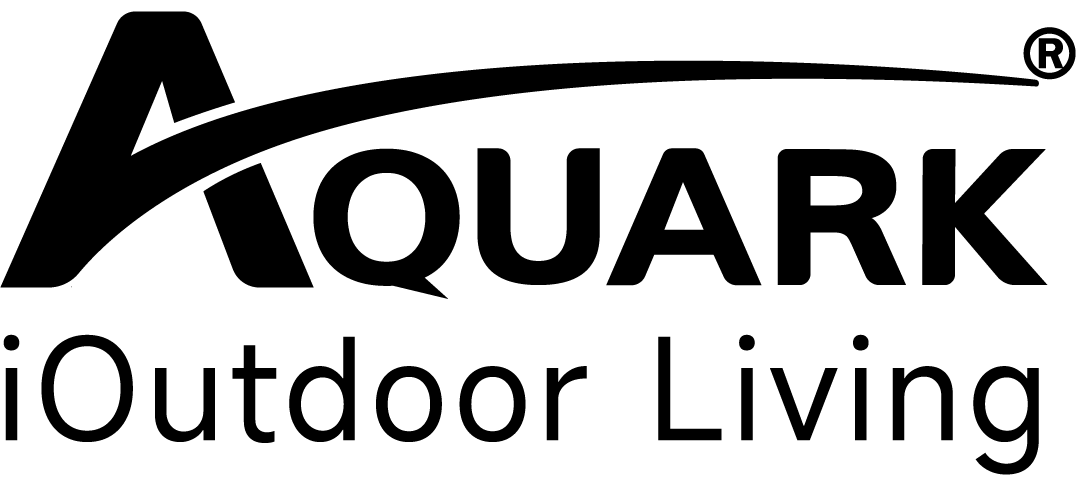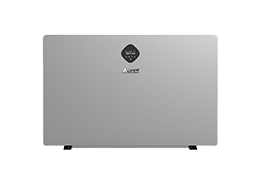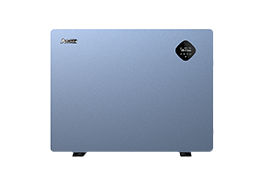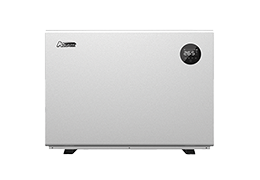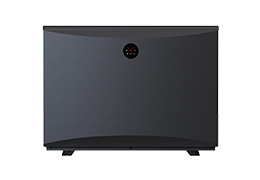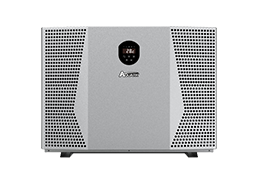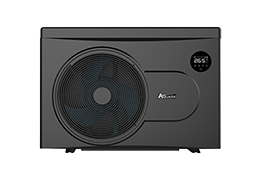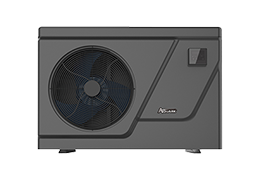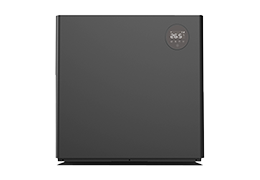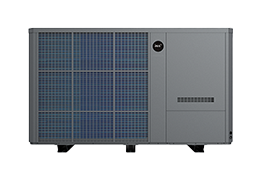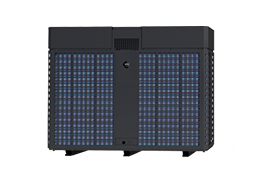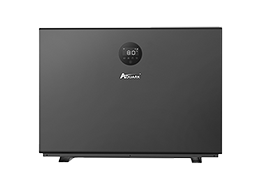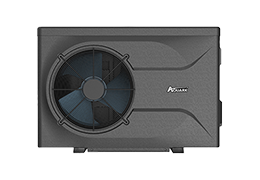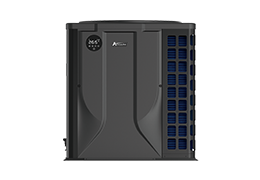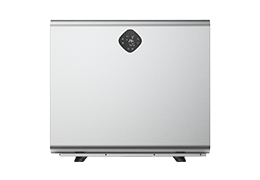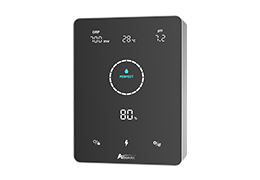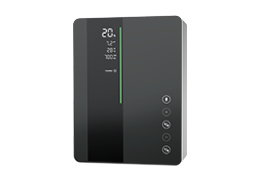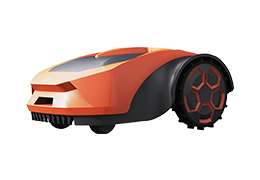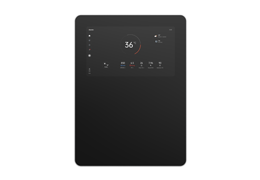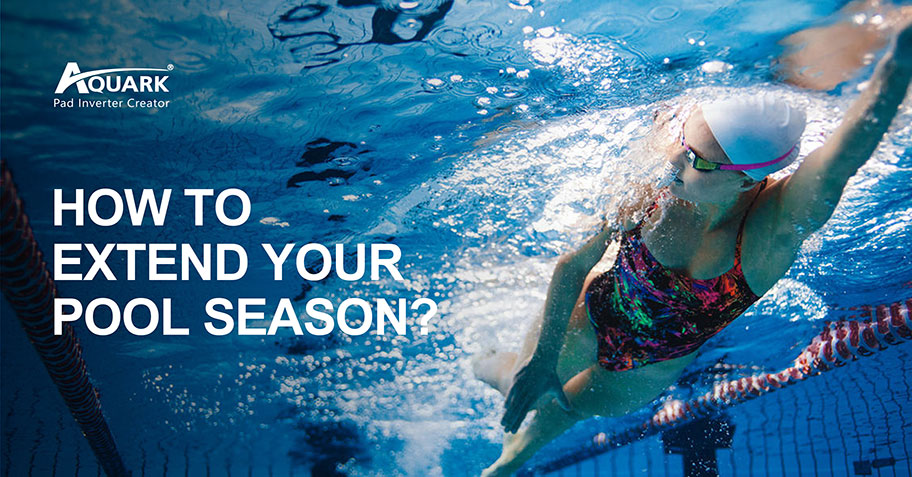
Sometimes, the places we grow up in can shield us from the realities of the rest of the world. Growing up in Florida means we can enjoy our pools all-year round. Actually, people growing up in these hot regions even have fond memories of jumping into the pool on early Christmas mornings without hesitation or worries about catching fever. Unfortunately, this isn’t true for most families. In fact, an overwhelming majority of swimming pools would close before Christmas. This leaves pool owners living in the middle to high latitudes asking themselves, “How can I extend MY pool season?”
As a result, Aquark would give a few suggestions on ways you can extend your pool season. With the right combination of the right equipment, you can easily amaze your family and friends by extending your pool season a few months or even an all-year round.
Solar Blankets
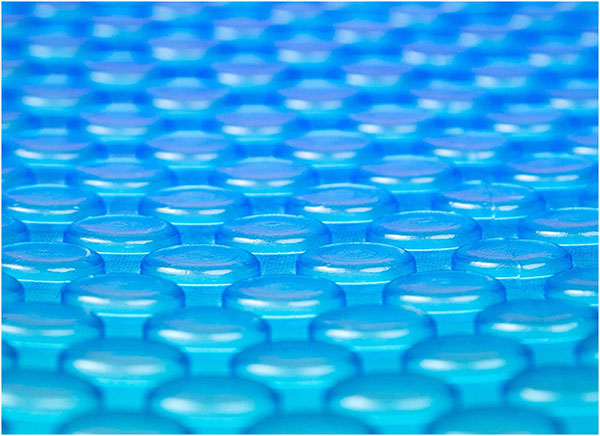
Solar blankets trap the heat of the water under the cover and prevent heat from escaping into the cool night air and prevent water evaporation. Solar blankets are good partners when you combine them with either a gas heater or heat pump. However, the trick with solar blankets is that they do not produce heat.
Pool Heaters
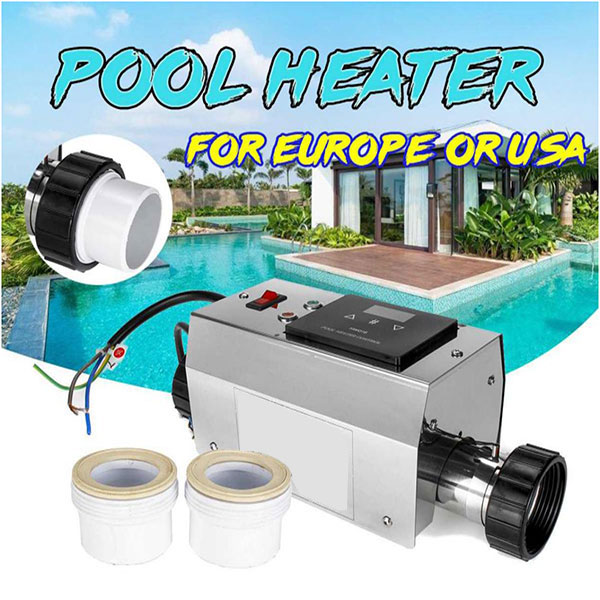
Gas or Propane Pool Heaters are yet another option for extending your swimming season. Inside a pool heater, either propane or natural gas burns inside the heater’s combustion chamber, generating heat. This process repeats continuously, quickly getting your pool up to the desired temperature.
However, pool heaters need to generate quite a bit of power to quickly heat a pool, they may not be as efficient as the slow-and-steady heat pump. And the cost of natural gas or propane used to fuel a pool heater can add up quickly, especially if used regularly. If you plan to use and heat your pool every single day -rather than for just a few weekends per year -then you might want to consider a heat pump instead.
Pool Heat Pumps
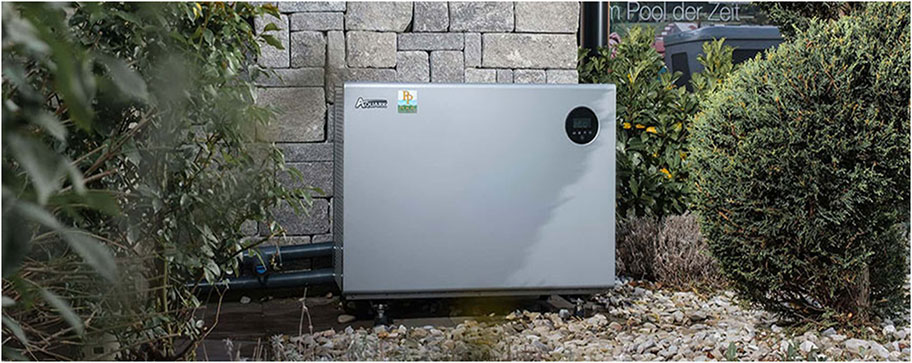
Pool heat pump is the energy efficient and eco-friendly pool heating solution that so many pool owners love. Pool heat pumps source their heat naturally from the environment using a fan and refrigerant/compression system. The most popular type of heat pump is an air-source heat pump, which gets heat from the surrounding air.
· Lower Operating Costs: Because they rely primarily on ambient air temperature vs. a constant flow of gas fuel, the cost to operate a heat pump is considerably lower than a traditional gas heater.
· Be More Efficient over Time: Though they often cost more upfront than water heaters, they’re generally more cost-efficient over time because they require less energy since they source their heat naturally from the environment.
· Get Quieter Swimming Experience: Some heat pump manufacturers have already paid attention to the improvement of noise from the heat pump. The heat pump specialist Aquark has pursued the ultimate at this point. The sound level of Aquark inverter heat pump is reduced to 40dB(A) at 1 meter, almost inaudible.
Our intention with this article is to help pool owners make the most out of their pool season. Instead of taking your chances with Mother Nature, take back some control. In fact, if you want a more energy-efficient and convenient experience, a inverter pool heat pump is the better choice. In particular, Aquark inverter pool heat pump series are more suitable for your family. After all, besides extreme silence and high efficiency of heating, Aquark inverter heat pump with unique pad design can complement your garden, enabling you to build a modern and beautiful courtyard.
